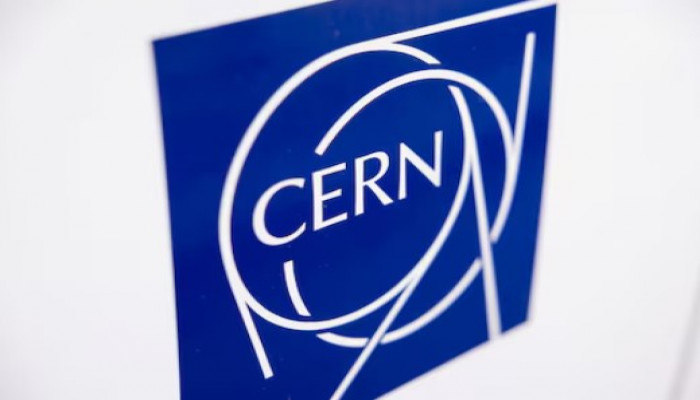Controversy erupts over CERN's decision to sever ties with Russia
- In Reports
- 05:34 PM, May 14, 2024
- Myind Staff
The decision by the European Organization for Nuclear Research (CERN) to terminate its collaboration with Russia has ignited substantial debate within the scientific community.
Russian and European scientists contacted by Swissinfo suggest that this action inadvertently aids Russian President Vladimir Putin's war efforts in Ukraine and establishes a perilous precedent.
CERN's decision to end its collaboration with Russia and Belarus, stemming from Russia's ongoing military invasion of Ukraine, was made by the organization's Council in December 2023.
The Russian Ministry of Foreign Affairs criticized this move in March, denouncing it as "politicised, discriminatory, and unacceptable." This significant decision marks the conclusion of nearly 60 years of scientific partnership between CERN and Russia, which began during the Cold War era in the 1960s and saw Russia becoming an observer state in 1991.
Throughout this collaboration, Russia has provided substantial financial and scientific support, notably contributing to the construction of the Large Hadron Collider (LHC), the world's largest and most powerful particle accelerator.
The termination of this partnership will have significant financial implications for CERN. Russia's annual contribution of over 2 million Swiss francs, which funded approximately 4.5% of the LHC's experimental costs over the past three decades, will cease as of 2022.
To offset the loss of Russian funding, CERN will need to secure an additional 40 million Swiss francs for the High Luminosity LHC upgrade project.
Furthermore, the departure of Russian expertise and personnel is expected to impact CERN's operations. Around 500 scientists affiliated with Russian and Belarusian institutions will be compelled to discontinue their research at CERN.
Among them is Fedor Ratnikov from the Higher School of Economics in Moscow, who voiced his disappointment regarding the decision and its ramifications for scientific collaboration.
Former CERN employee Maurizio Bona and other scientists have expressed concerns regarding the political motivations behind the decision.
Bona emphasised that CERN has historically operated independently of political pressures, prioritising scientific pursuits and fostering intercultural dialogue and peace.
The exclusion of Russia and Belarus signifies a departure from this approach, with political factors now influencing scientific collaboration.
Russian physicist Andrei Rostovtsev contended that Russia's exclusion from CERN aligns with Putin's narrative portraying surrounding countries as adversaries, thereby justifying increased military expenditure at the expense of scientific research. Rostovtsev and other critics worry that this politicization of science may impede future international collaborations and hinder scientific progress.
Image source: Reuters







Comments